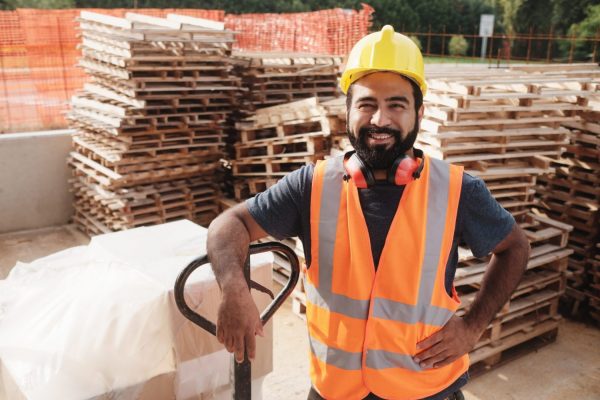Reasons Why Distributors Use Heat Treated Wood or Kiln Dried Pallets

The reality is that the United States economy cannot function without the retail industry. In fact, roughly two-thirds of the American GDP stems from the retail industry. In turn, the retail industry cannot function without efficient transportation procedures which are highly reliant on specific types of wood pallets. The wood pallets Atlanta businesses and others rely on can be used to transport a wide variety of products across the world and can be made from a few different variations of wood. What can make a difference in wood pallets is quite often not the type of wood used to make the pallets so much as it is whether or not the pallets have been heat treated or kiln dried. Heat treated pallets are required when exporting products outside the US. Kiln dried pallets, typically made of southern yellow pine, can be either heat treated or not but are generally lighter than comparable hardwood pallets. This can be an important consideration when choosing the type of wood a pallet is made of.
1. Reduced Weight
One of the main reasons why kiln dried pallets are often chosen over other pallets is that they are lighter than “green” pallets, which have more moisture content and are thus heavier. Typical wood pallets can weight anywhere from 40 pounds to 80 pounds. While this is often connected to the fact that the pallets are made of good, solid wood that is not lightweight, with weight comes limitations. Heavier pallets can be harder and more expensive to ship. The reason why kiln drying makes wood pallets lighter is that the process removes moisture from the wood, and with it much of the pallets’ weight. Though the loss in weight isn’t overly substantial, wood pallets are often shipped in large quantities together. This means that the weight adds up, and whatever amount of weight that can be taken from a pallet through kiln drying adds up as well. Not only is this more convenient for distributors; it also results in less fuel being needed to ship the pallets. Additionally, when more pallets can be shipped out, this also means that more products can be shipped.
2. Less Mold and Bacteria
Even the best wood pallets Atlanta businesses rely on can be prone to developing mold and bacteria. Also, heat treatment rids the pallets of any insect infestation including the egg and larva stages. Although pallets are made of wood because it is a durable material, wood is naturally porous. The porousness of the wood absorbs moisture, which becomes a breeding ground for bacteria over time. The pallets will retain this moisture and bacteria and gradually can develop mold as well. The issue with mold and bacteria is that they can both transfer to the products that the pallets are carrying. When the pallets are treated with heat, they can become less porous and more resistant to both water and mold. This means that there is a lowered risk of products becoming contaminated, and this makes it less likely that loads will become contaminated. When loads are shipped and received in contaminated conditions, they will be rejected at reception points, resulting in product and money being lost. Heat treatments help prevent this.
3. Compliance
When distributors buy new or even used/recycled pallets, they often do so in order to export products outside the US. But it’s not enough for them to buy sturdy pallets and ship them. These wood pallets, just like the products they carry, must be compliant with certain regulations. The International Phytosanitary Standard for Wood Packaging is clear in its requirements. In order to be exported to foreign countries, wood packaging must be heat treated. This is because heat treating reduces the risk of wood pallets being infested with pests, and therefore the risk of them bringing invasive species into foreign countries. While heat treated pallets require more work and potentially more cost, there are clear benefits to shipping products with these types of pallets. With that in mind, it’s important for distributors to make these considerations before committing to pallets that haven’t been treated.
